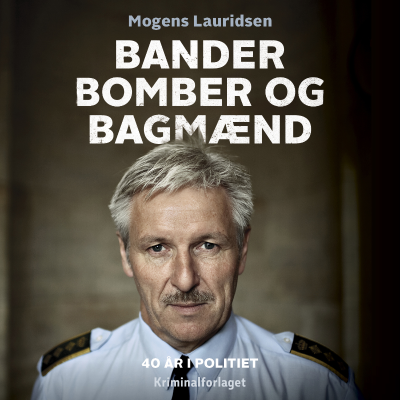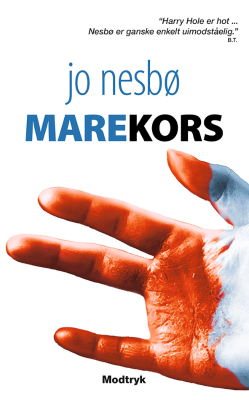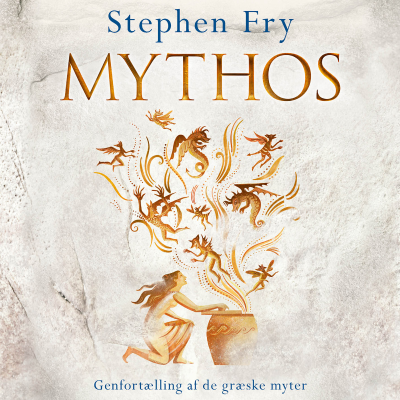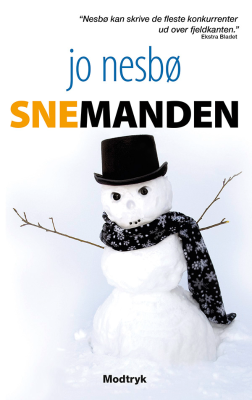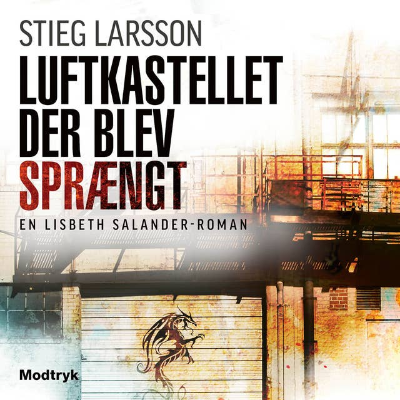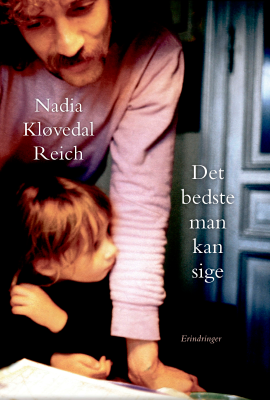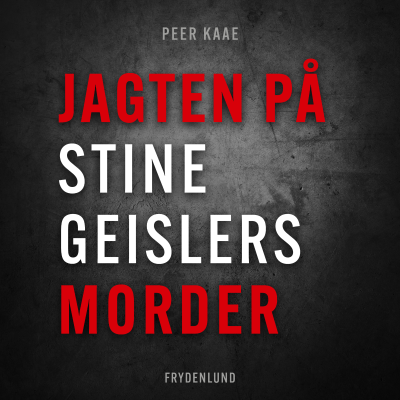
Carnegie Politika Podcast
Podcast af CarnegiePolitika.org
The Carnegie Politika Podcast delivers world-class analysis on what’s happening in Russia, Ukraine, and Eurasia. Every month, Russia expert Alexander Gabuev talks to Carnegie scholars and regional analysts on the ground to respond to emerging regional trends, the future of Russian geopolitics, and how the region is shaping the world.
Begrænset tilbud
3 måneder kun 9,00 kr.
Derefter 99,00 kr. / månedIngen binding.
Alle episoder
66 episoderThe war between Israel and Iran, Russia’s key partner in the Middle East, is entering its second week, with potential for escalation and worrisome spillover effects. Yet Moscow is not rushing to support Tehran in any meaningful way. President Vladimir Putin has even downplayed the significance of the strategic partnership agreement signed with Iran just six months ago. Instead, Putin is courting Donald Trump, offering mediation: an offer the U.S. president was quick to reject. Will there be a more heavy-handed intervention by the Kremlin to help Iran? What cards can Russia still play to remain relevant? How could the escalating conflict in the Middle East affect Russia’s strategic position, including in Ukraine?
At the beginning of the war in Ukraine, Western leaders put a lot of faith in applying economic pressure to Russia, and it is now probably the most sanctioned country in the world.But despite the unprecedented sanctions tsunami, the Russian economy is yet to collapse. How long can the Kremlin maintain its ever-growing military spending and the overall economic imbalances? Will Putin be able to simultaneously finance his costly war, keep the population happy, and maintain macroeconomic stability? For additional insight into this issue, read Alexandra Prokopenko's piece for Foreign Affairs on Putin’s trilemma: https://www.foreignaffairs.com/ukraine/putin-not-yet-desperate [https://www.foreignaffairs.com/ukraine/putin-not-yet-desperate]
Soon after the start of the war in Ukraine, Russia stopped publishing official data on its military losses. Despite that, analysts from independent media still manage to extract data from multiple sources, such as regional obituaries, payments, satellite images, and other open-source intelligence resources. How did Mediazona, a civil rights media outlet, become a leading source of data on Russia’s losses? How reliable is the data, and what does it tell us? Will the growing military casualties ever lead to a public backlash in Russia? You can read Mediazona's analysis here: https://en.zona.media/article/2025/04/25/casualties_eng-trl [https://en.zona.media/article/2025/04/25/casualties_eng-trl] If you would like to support Mediazona’s work, you can make a donation here: https://donate.zona.media/en?utm_source=header-web&utm_medium=web&utm_campaign=regular [https://donate.zona.media/en?utm_source=header-web&utm_medium=web&utm_campaign=regular]
Russia’s Victory Day public holiday, celebrated on May 9, has undergone a major transformation in Putin’s Russia. Historically, it was a day of somber commemoration, and its main leitmotif was “Never again.” Under Putin, the holiday has become increasingly militaristic, with the memorial aspect now overshadowed by the far more belligerent slogan “We can do it again.” How did this happen, and what role does Victory Day play in the Putin regime today?
While recent diplomatic efforts to bring Ukraine and Russia to a peace deal and the unexpected Easter truce announced by Putin are bearing no fruit, the situation on the battlefield remains the most influential factor in the future trajectory of the war—including diplomatic attempts to bring the conflict to a halt. Donald Trump seems to believe that Ukraine will inevitably lose the war if a peace deal that can satisfy the Kremlin isn’t achieved. But is that really the case? What shape are Ukrainian and Russian forces in in terms of manpower, equipment, and tactics? And what are the potential scenarios for the 2025 campaign?
Begrænset tilbud
3 måneder kun 9,00 kr.
Derefter 99,00 kr. / månedIngen binding.
Eksklusive podcasts
Uden reklamer
Gratis podcasts
Lydbøger
20 timer / måned










